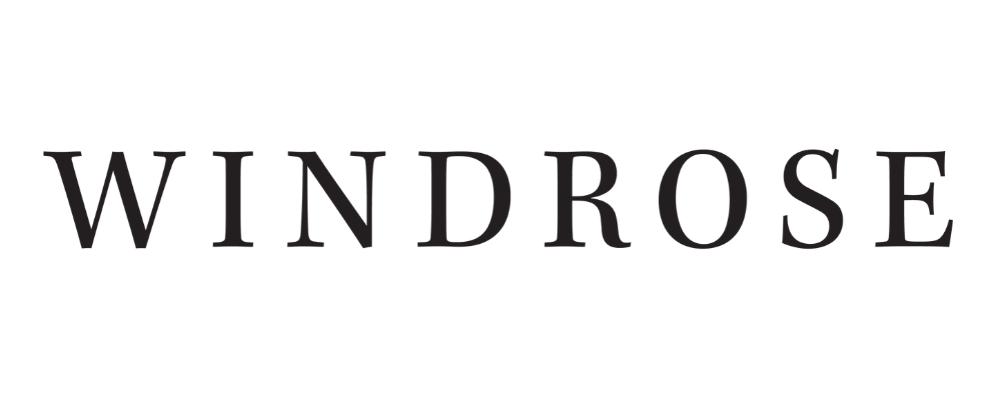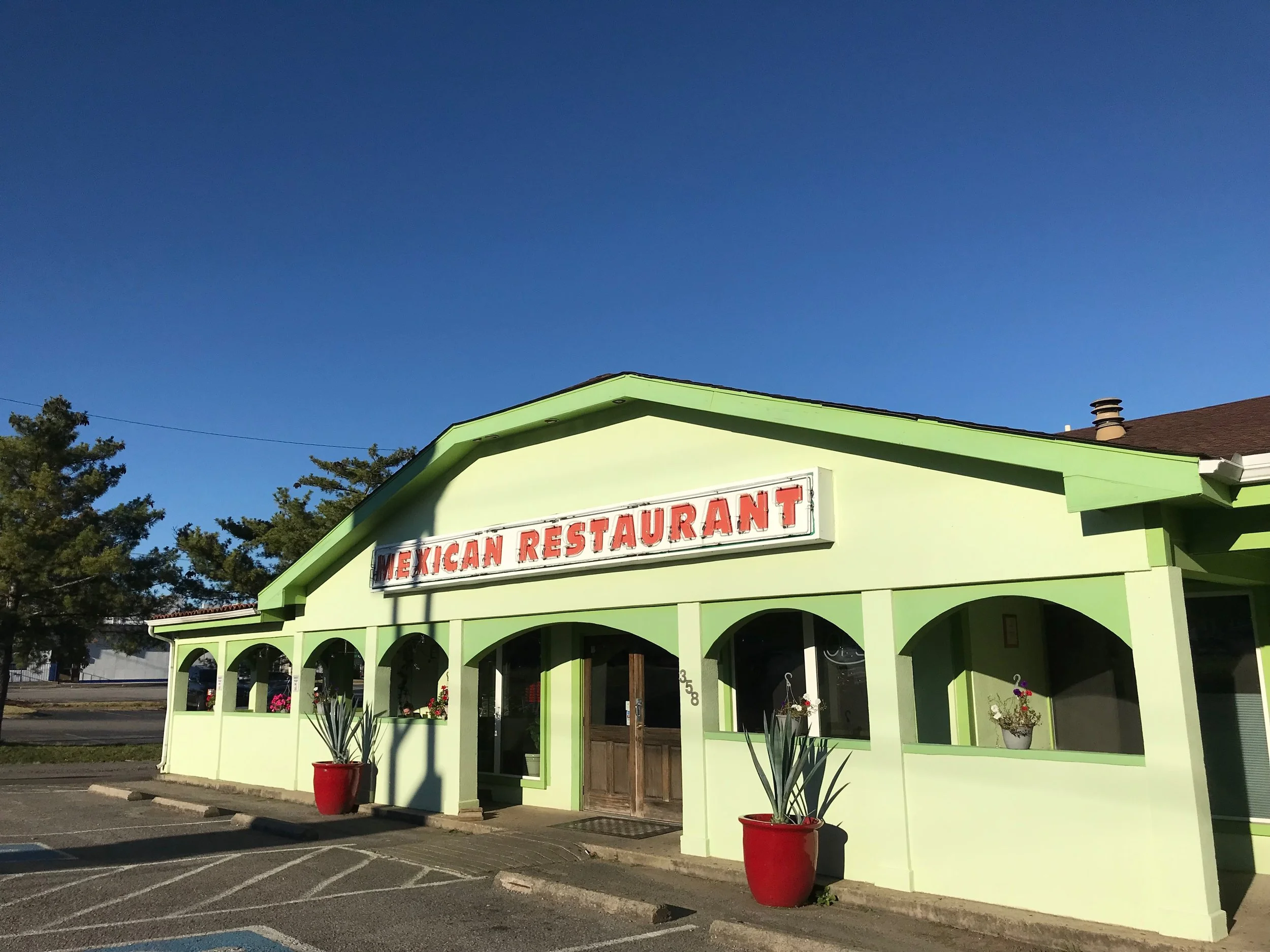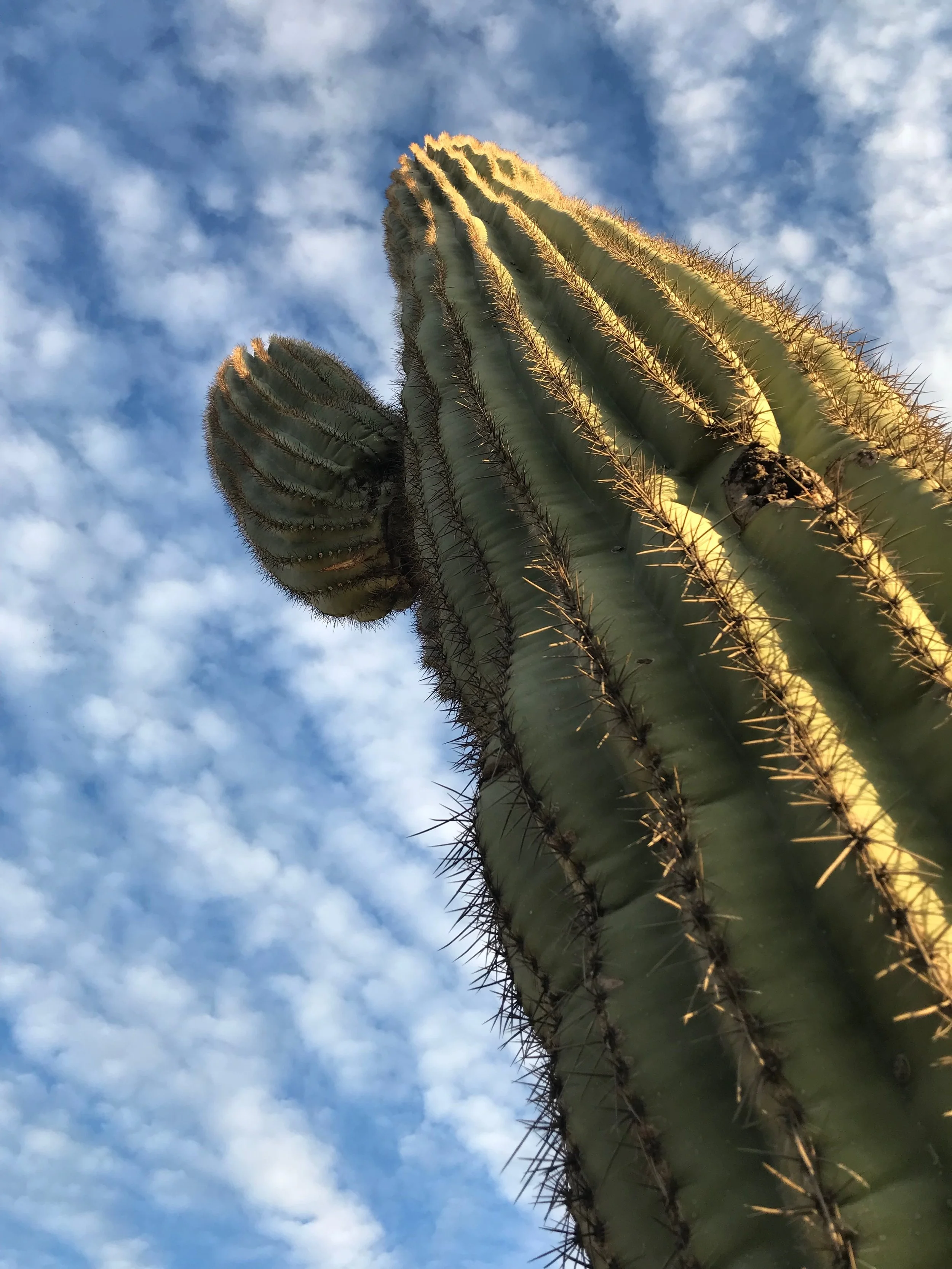The Magic of No
I don't like to think that I'm too enamored by my horoscope, but if you ask my best friend or my boyfriend, then I’m practically obsessed. So with that, I’m a Virgo, and one thing about Virgos is that we are people pleasers. We strive to make other people happy, to serve others and get recognized for doing so.
Recently, I've been struggling with what makes me happy; I’ve been trying to redefine my happiness, not in terms of my interactions with other people, but rather, within myself. I found, not to sound too cynical here, that it's up to me to make sure my needs are being met, even at the most basic level. I'm the only one who's going to make sure that I get myself to the gym in order to relieve my anxiety, and sit for an hour with my adult coloring book to make myself feel peaceful and less wrecked (and don’t laugh; you should totally explore the wonderful world of mandalas, it’s truly addictive, just look at my Snapchat story).
Despite the fact that I am oddly aware of all of this, I love making plans. The idea of a full social calendar has always been appealing. I'm the quintessential "extroverted-introvert" who lives for the opportunity to be a party girl, yet craves serious alone time. By Monday, I have plans for a mid -week dinner and by then, Friday night plans are brewing. Meanwhile, all the while, I’m thinking, “Shit, I just want to do nothing in peace, yet have an ongoing conversation via text with my best friend.” All of this mental anguish is because I said “yes.”
If you're anything like me, the best part of the weekend is canceled plans that let you stay home in your comfy clothes, get into bed with your body pillow—because canceled plans means no snuggle buddy—and binge-watch a season of Grey's Anatomy. But as you pine over a high-powered neurosurgeon with hair as beautiful as the Pantene commercials, you half wish you just said “no” to those plans to begin with. While you blanket cocoon is the most amazing thing that's happened to you all week, other than getting a snow-day and working from home, the guilt and shame of backing out of your social calendar is never a great moment.
So how do you avoid this weekly paradox? You learn to say “no.” Saying “no” is scary for a society brought up by "yes men." Millennials are the generation inspired by the “yes men.” The corporate and social structure that surrounds us thrives on doing more, saying more, and achieving more. For some reason, our society is brought up on the idea that more is better and that saying yes leads us to “beefing up” our personal and materialistic resumes.
Saying no is a different way to embrace the minimalist ideals. The phrase is about decluttering my calendar and relieving the pressure that I feel from other people to be “socially available.” When did productivity make us feel less than and belittle our position?
Personally, feeling empowered to say “no” has been a journey, a slow one that I did not truly embark on until this first year post-grad. For me, a lot of my ability to say “no” came when I felt like I was being pulled in too many directions during my job search. This past year, I have worked six different jobs. These six jobs have come from lots of networking and trust; trusting that everything will have a way of working out, which I am a firm believer in.
This trust would never have come about if I did not say “no” to the full-time job I was supposed to start in Washington, D.C. last August. I had been so excited about the opportunity to work for an environmental NGO in D.C., but I said “yes” without really thinking hard about what financial and personal sacrifices the job would require. I will never forget the moment I decided to turn down the job, for which now I sometimes question if I should have. I was laying in my swimming pool (I know this sounds privileged already) with my boyfriend and we were really hammering out the pros and cons of this job that I had already accepted four months earlier. Laying in the sun, with the warm water enveloping me, me in his arms, I thought, “This is what really makes me happy.” I would not be happy spending almost half of my measly income on rent with an almost one-hour commute to work in an understaffed and underfunded office, 300 miles from home. The idea of saying “no” to this commitment was extremely liberating. Immediately after my phone call with my would-be boss, I felt a sense of accomplishment, like I was standing up for what I really wanted, or didn’t want. I said “no” and embarked on one of the craziest years of my life to date.
So what does this all mean? Why is this important? First, let’s ignore what Cady Heron said to Ms. Norbury, the limit does exist! Saying “no” is a way of setting limits. It's a way of reclaiming agency. It’s a direct form of claiming personal responsibility. It's a clear choice; one that you can't back down from because it is so direct and forthright.
With all that said, I firmly believe in being selfish. I'm not talking about not doing nice things for others, because gift-giving is a personal hobby of mine, just ask my close friends, who’ve received many a pointless, no-reason gift from me. What I'm talking about here is being selfless enough to be able to recognize when you're not saying “yes” enough times a week to yourself. You're depriving yourself of self-care; the self-care that allows you to say “yes” to things that will actually make you a better you.
At the end of the day, we all know ourselves better than anyone else. Only you know how you feel when your overwhelmed and how you can alleviate that feeling to avoid a mental breakdown. Maybe this precaution means a Friday night of tea and journaling instead of wearing an uncomfortable outfit to a club with people who make you question the status of your friendship with, or a Saturday morning bath instead of a squad brunch worthy of an Instagram post (Instagramming your life for likes is a whole other piece worth writing).
Saying “no” gives you power, power that “yes” withholds. Saying “no” shows that you're strong, in-tune with yourself and able to make decisions that might go against the proverbial grain, but you know will pay off for you personally.
“No” is about self-preservation. It's about being able to save myself before saving someone else. What happened to "put your mask on before helping someone else?" Saying “no,” when I ordinarily would've said “yes” and made myself feel worn out, is putting on that mask first. One thing that always stuck with me when I was struggling with saying “no” was "you don't have to light yourself on fire to keep others warm." In essence, put yourself first because no one else will. Find strength in being selfish and realize that that's 100% acceptable. Resist the societal shame in prioritizing your needs over your friends’ needs. Training yourself to say “no” without feeling guilty is how you'll be able to light up the world.








Hi friends,
Announcement (sounds so formal, doesn’t it?):
It's the end of an era.
I’ve decided that, after nearly 8 years of telling stories of navigating life, this season of Windrose is drawing to a close.